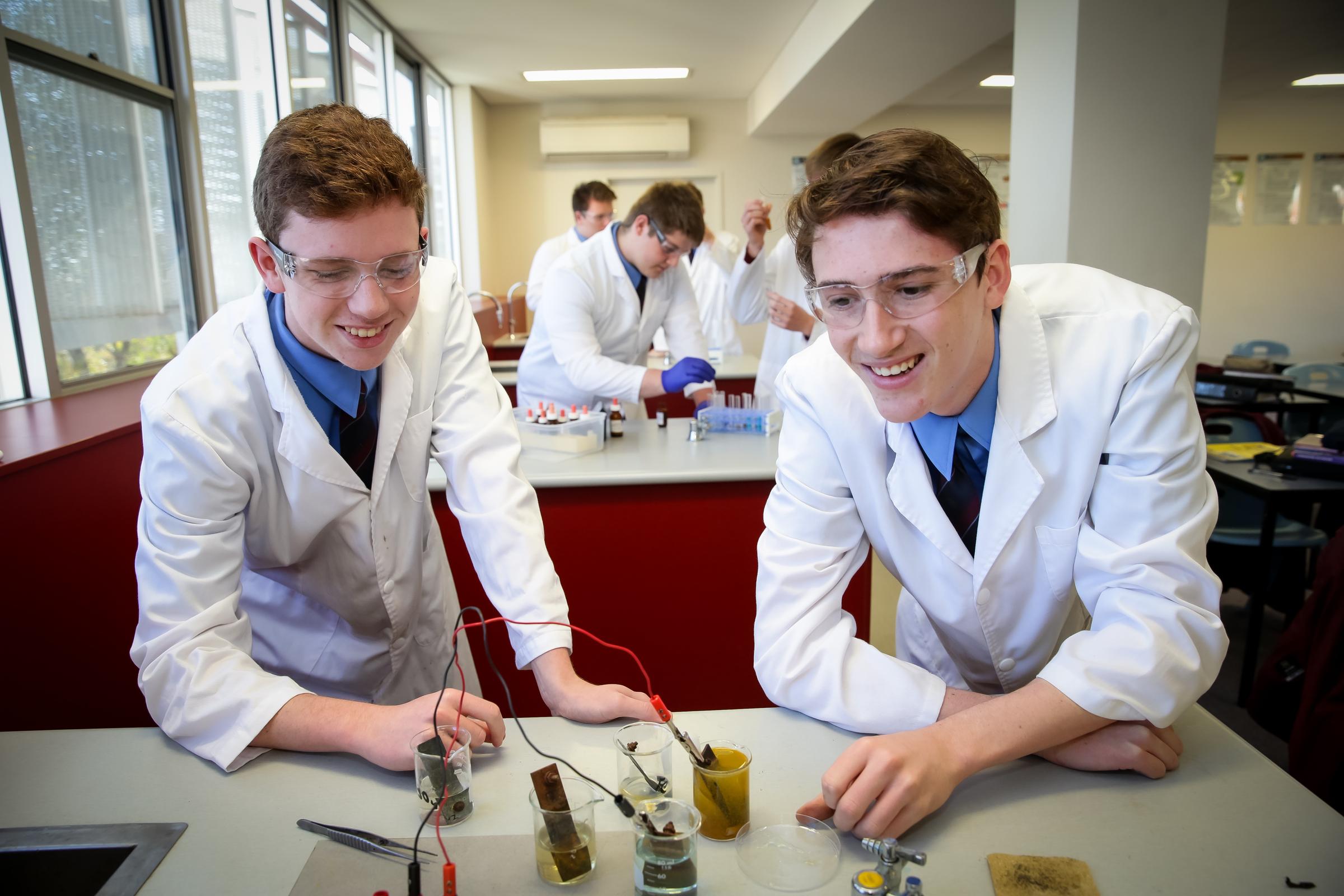Teaching & Learning in the Senior School

Future-proofing learning
If we had a crystal ball, we’d be able to see exactly what life and career opportunities will be available for our children in 10 or 15 years time. We all understand that those opportunities will be different to now, but most of us have only vague visions of what they will entail. How many of us would encourage our son or daughter to study diligently now to build the specific knowledge and skills necessary to become a blacksmith? Not many, I imagine.
That is because we are very well aware of the jobs that have already fallen in the face of increasing automation and technological innovation. What is less knowable is what jobs will no longer exist in 20 years time, and what new jobs will explode into existence. A 2017 Productivity Commission report[1] identified that the future working lives of our children will be in “a labour market that is likely to increasingly involve major changes in tasks and occupations, and sometimes even abrupt career shifts.” The report stressed that our young people require “greater adaptability to future technological shifts”.
In this framework then, it is important to consider that learning in school must become more than a narrow vision of learning specific knowledge and specific skills to pass a specific test. To do so is indeed an achievement, but it ignores the fact that once outside of school, students will need to keep learning and keep changing what they’re learning. If a school’s role is to care for children now in a way that maximises their opportunities for happy, fulfilled and productive lives later, then we need to take on the challenge of contributing to the development of the attributes and character traits that will ensure lifelong success. Working only to pass the next exam, and then the next one, limits the true potential of our young learners, both now and in the future.
At St Greg’s we are working to build a Learner Profile which identifies just what attributes we value and seek to develop further in our learners. Those attributes don’t centre around what students ‘know’ or ‘can do’, but rather on the character traits learners need in order to effectively learn how to ‘know’ and ‘do’. If learners spend more time developing the attributes of good learners, then they are equipping themselves with the tools necessary to be able to figure out how to learn anything new, now and in the future, and they could even do it without their teacher there to help them! One thing we have all learnt from online learning in isolation is that those students who could learn without their teacher in front of them were better able to cope with a new and unexpected situation. Those students were equipped with attributes like adaptability, resilience, resourcefulness and mental agility. These are the types of attributes that can support good learning at all times.
In thinking about key attributes that our learners need in order to succeed, I identify the 4R’s:
An effective learner is …
- Resilient
- Resourceful
- Reflective
- Relational
Wh at attributes do you see in your own child that makes him or her less vulnerable to the winds of change, and more capable of learning in a way that will sustain them for many years to come?
Mrs Louise Millar
Director of Teaching and Learning
[1] Productivity Commission. (Oct 2017). Shifting the Dial: 5 year productivity review.
